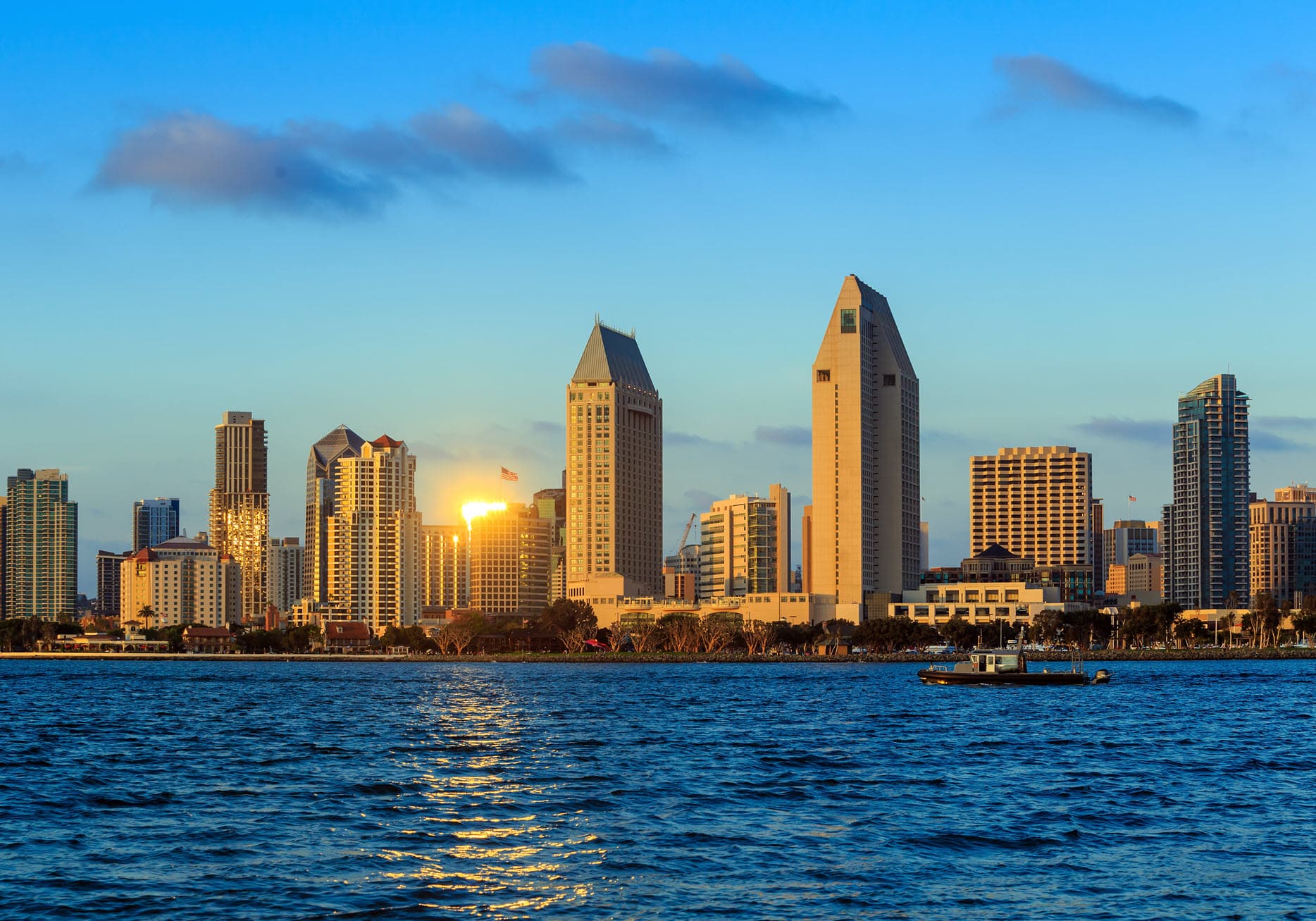
In response to San Diego’s current housing shortfall and related socio-economic conditions, the City Council has approved several changes to the city’s existing Complete Communities infill development initiative. These changes are designed to spur additional construction of qualifying projects that are designed to take advantage of new building incentives.
Prompting this latest action was a report to the San Diego City Council in late 2023. Staff cautioned City Council members that the City’s current anemic rate of new residential construction could risk the loss of community members to areas outside of San Diego, creating longer commuting distances and making it more difficult for local businesses to attract and retain high quality employees. It is no secret that the City of San Diego continues to fall short of its state-mandated goal of 108,000 new dwelling units before 2029.
Ordinance (O-2024-41), which is referred to as the Housing Action Package HAP 2.0, or “HAP 2.0,” includes 10 specific amendments to the City’s Municipal Code. HAP 2.0 aims to implement state law to spur new construction of residential units near transit sites, and increase the supply of properties for much-needed multi-family residential development by creating various development incentives.
The new ordinance supplements the Complete Communities program that was passed by the City Council in 2020, which already includes by-right development of projects with greater density in certain locations. HAP 2.0 provides new density bonuses and incentives for favored project types, and removes or provide waivers of certain development requirements included in the original Complete Communities program.
Among other benefits, HAP 2.0 provides for the following new changes:
Of course, the changes brought about by HAP 2.0 come with many exceptions, limitations and complexities, but should nevertheless spur construction of qualifying projects in the years ahead.
If you are contemplating a new or re-use project and are curious whether you can benefit from HAP 2.0, our attorneys can assist with evaluating the benefits and limitations of this new ordinance. Procopio’s Real Estate and Land Use teams are experienced in navigating existing and new development standards related to all types of residential and commercial projects. We will add value to your project.
Patrick Ross, Senior Manager of Marketing & Communications
EmailP: 619.906.5740
Suzie Jayyusi, Events Planner
EmailP: 619.525.3818